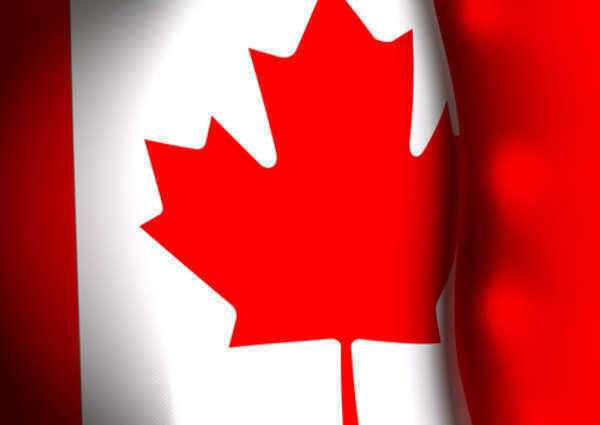Understanding the Abortion Laws in Canada
Abortion is a controversial issue in many countries, including Canada. In Canada, abortion is legal and considered a medical procedure, but there are still debates surrounding access to and regulations around abortion. Understanding the laws and regulations around abortion in Canada is essential to have informed discussions about this topic.
The legality of abortion in Canada is based on the principle that it is a medical procedure and falls under a woman's constitutional right to access healthcare. The current law is based on the landmark decision in the 1988 Supreme Court of Canada case R. v. Morgentaler, which struck down previous abortion laws. The court determined that the criminalization of abortion violated a woman's right to security of person under Section 7 of the Charter of Rights and Freedoms.
Under Canadian law, there are no restrictions on when a woman can obtain an abortion. This means that an abortion can be performed at any time during pregnancy, up until the moment of birth, if it is deemed medically necessary by a licensed healthcare practitioner. This includes cases where the pregnancy may endanger the life or health of the mother or fetus, or if the pregnancy is a result of sexual assault.

While there is no legal requirement for a woman to obtain consent from her partner or inform him about her decision to have an abortion, some provinces may require that a woman wait for a specific amount of time or undergo counseling before the procedure can be performed. These regulations can vary depending on the province or territory, so it is important to research the regulations in your specific location beforehand.
In Canada, doctors and other healthcare providers are not obligated to perform abortions if they have moral or religious objections to the procedure. However, they must provide a referral to another healthcare provider who will perform the abortion. This "conscience clause" exists to protect the rights of healthcare providers while ensuring that women still have access to the medical care they need.
It is essential to understand that although abortion is legal and considered a medical procedure in Canada, access to abortion is not universal and can vary depending on a woman's location. There may be barriers to access in rural or remote areas, as well as a lack of access for low-income women who may not be able to afford the cost of a medical procedure. There is still much work to be done to ensure that all women have equal access to reproductive healthcare.
In conclusion, the laws surrounding abortion in Canada are based on the principle that it is a medical procedure and falls under a woman's constitutional right to access healthcare. While there are no restrictions on when a woman can obtain an abortion, access to reproductive healthcare can vary depending on a woman's location and socioeconomic status. It is essential to have informed discussions about abortion to ensure that all women have access to the medical care they need.
Until the late 1960s, abortion was prohibited in Canada and was considered to be a criminal offense. As a result, a woman was not able to obtain an abortion in Canada. However, the Canadian Supreme Court overturned the legislation that outlawed abortion.
Currently, Canada maintains very few abortion laws regulating the acquisition of abortions. As a result, a woman is now able to obtain an abortion in Canada. Each province is responsible for establishing regulations regarding abortion funding. Abortions are widely funded through Medicare, though each province must determine how much it will fund abortions.
These relatively nonrestrictive abortion laws have caused extensive debate in Canada. Many individuals believe that Canada should create more restrictive abortion laws and regulations. In recent years, doctors who perform this procedure have been targeted by pro-life advocates in sometimes violent attacks.
Constitutional law contains additional information regarding abortion and associated regulations.le to obtain an abortion in Canada. However, the Canadian Supreme Court overturned the legislation that outlawed abortion. Currently, Canada maintains very few abortion laws regulating the acquisition of abortions. As a result, a woman is now able to obtain an abortion in Canada. Each province is responsible for establishing regulations regarding abortion funding.
Abortions are widely funded through Medicare, though each province must determine how much it will fund abortions. These relatively nonrestrictive abortion laws have caused extensive debate in Canada. Many individuals believe that Canada should create more restrictive abortion laws and regulations. In recent years, doctors who perform this procedure have been targeted by pro-life advocates, sometimes violent attacks.
Constitutional law contains additional information regarding abortion and associated regulations.